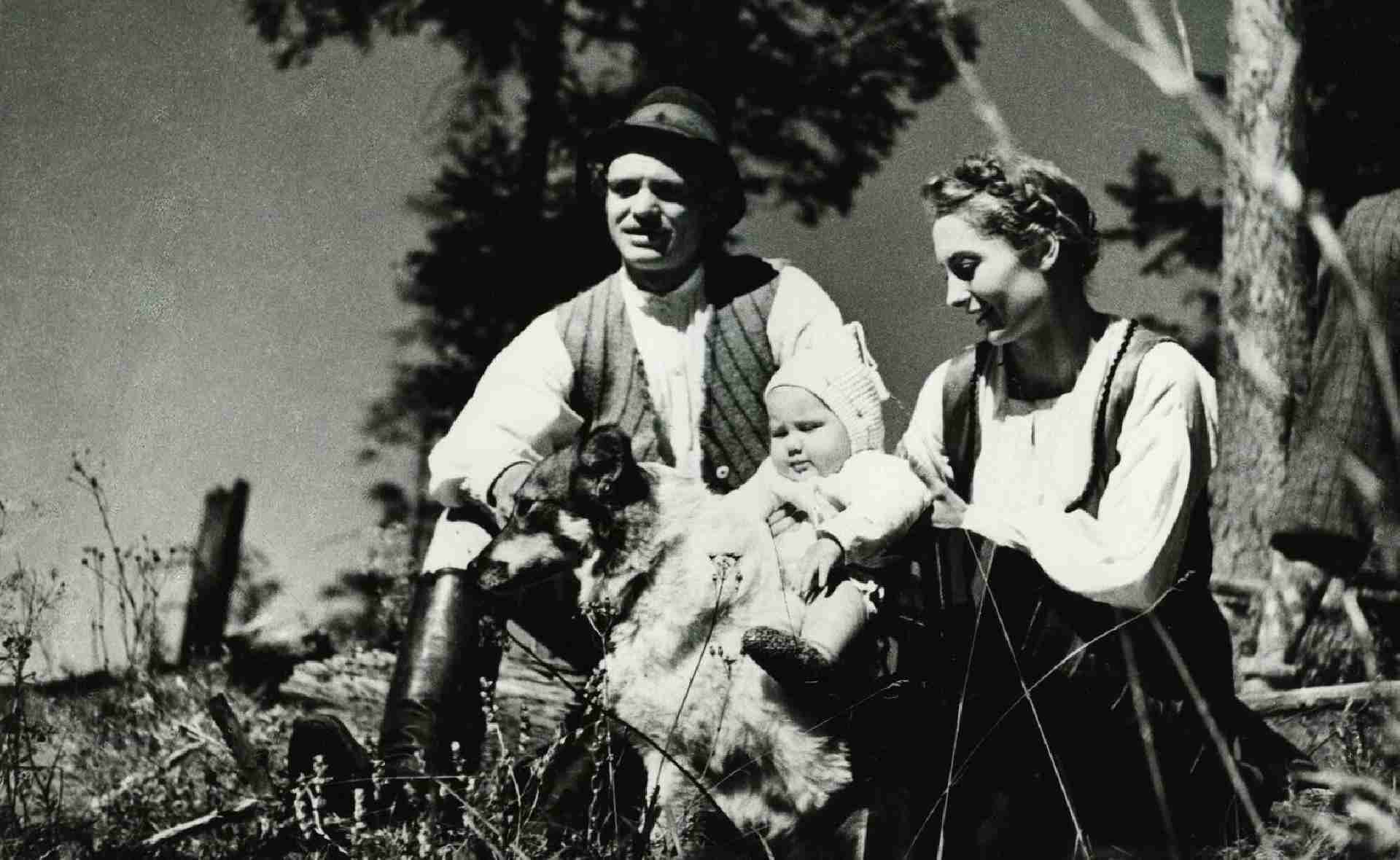For the first few decades after its birth, Hungarian cinema was mostly an entertainment product or a tool of political propaganda. István Szőts was the first Hungarian director to break with this approach, seeing film not as a "photographed stage" but as an art form in its own right. He made conscious and expressive use of the means of visual expression, the settings, the creative montages, the play of light and shadow, and he took the camera out of the fake world of the studio and into 'reality'. Instead of stars, he filmed with amateurs who played ordinary, everyday people like themselves. People of the Mountains was made in the spirit of this new artistic creed.
The wild landscape becomes a character in its own right, his total images of pine forests or misty ridges are not illustrative, but express the cosmic unity of man and nature. Compared to the schematic genre films of the time, the story inspired by József Nyírő's short stories is remarkably complex and layered. Despite its realistic milieu and portrayal of people, it can be watched as a melodrama or a ballad, but the underlying conflict even has classic western motifs. Ideologically, it is not easy to pigeonhole it, and it is no coincidence that it has been described as 'too Catholic' or 'pantheistic neo-pagan'.
People of the Mountains is considered to be a pioneer not only in Hungary, but also in international film trends. At the time of his Hungarian premiere, it was greeted by confusion and wailing, but at the Venice Film Festival in 1942, it was awarded the prize for “the most artistic film” and it was celebrated as a forerunner by the creators of emerging Italian neorealism.
Szőts, as the lone pioneer of Hungarian film history, inspired many artists, from István Gaál, Sándor Sára, Ferenc Kósa to Miklós Jancsó, Károly Makk and Géza Bereményi.


